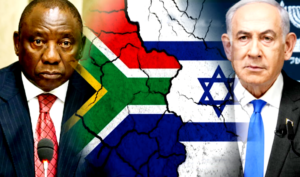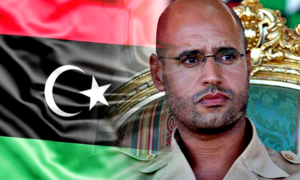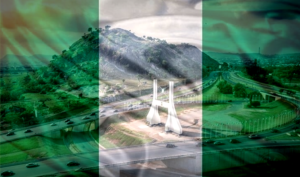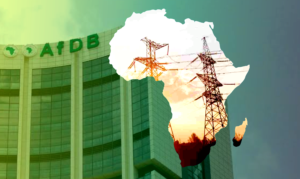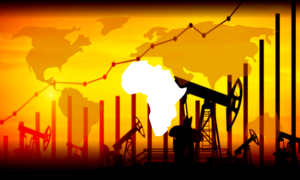Netanyahu Condemns Recognition of Palestinian State as Families, Economies, and Global Politics Feel Strain
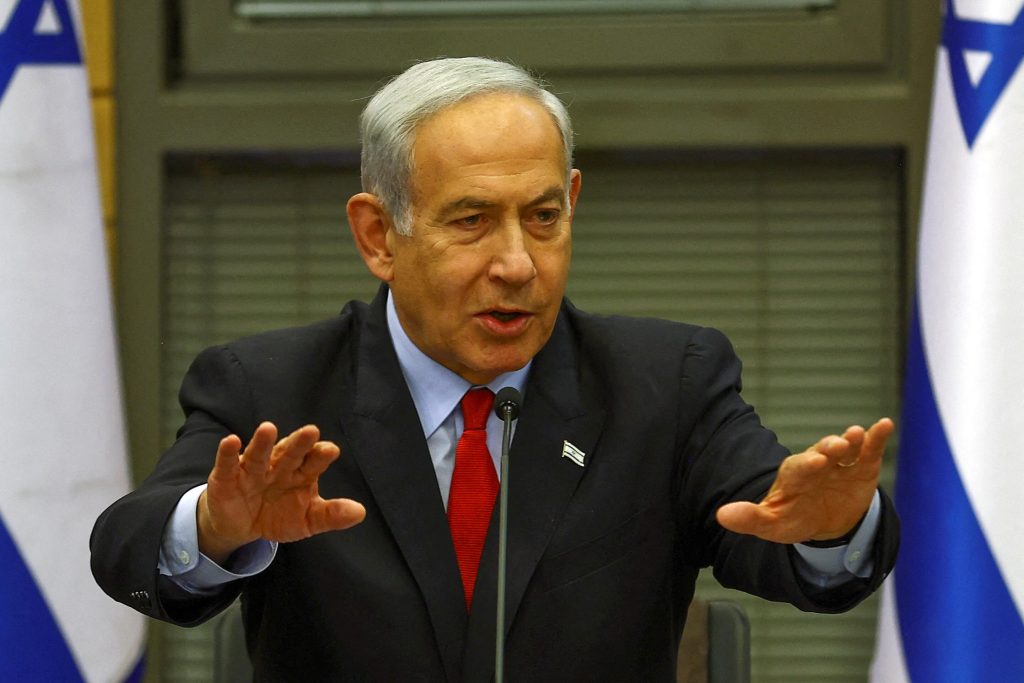
At the United Nations General Assembly in New York on Friday, Israeli Prime Minister Benjamin Netanyahu delivered one of his most combative speeches in years, castigating Western nations that recently recognized a Palestinian state and accusing them of “buckling under the pressure of biased media, radical Islamist constituencies and antisemitic mobs.” His words were met with a striking rebuke, as dozens of diplomats walked out, leaving the chamber half-empty.
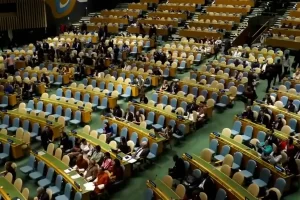
The fiery address underscored how the Gaza war, now approaching its second year, is reshaping not only geopolitics but also family life, cultural identity, business stability and the wider social fabric across multiple regions. His speech was one that echoed beyond the UN hall.
Netanyahu railed against France, Britain, Canada, Australia and other nations that recently extended recognition to a Palestinian state, calling the diplomatic shift “a shameful and disgraceful reward for terror.” He insisted that Western leaders were “appeasing jihad by sacrificing Israel.”
True to form, Netanyahu paired his rhetoric with visuals, holding up maps of Iran and its regional allies to warn against Tehran’s nuclear ambitions. He urged the reimposition of “snapback sanctions” to prevent Iran from rebuilding its nuclear stockpile.
But his most provocative move may have been beaming his speech directly into Gaza through loudspeakers and intelligence channels. Addressing hostages still held by Hamas, Netanyahu declared, “We have not forgotten you, not even for a second.” Yet, for many hostage families, his performance rang hollow. While the family crisis lingers, the air of hostages and grief blows still.
In the world of the relatives of the roughly 48 hostages still believed to be in Gaza, Netanyahu’s rhetoric inflicts more wounds rather than healing them. Some families accused him of using their loved ones as political props while failing to secure their release. Einav Zangauker, whose son Matan remains captive, wrote bitterly: “While my Matan is being tortured in captivity, Netanyahu is using him at the UN. He is bombing my child and abusing the families.”
The hostage issue has become a lightning rod in Israeli society, splintering families and communities. Some demand that the government prioritize negotiations at any cost, while others back Netanyahu’s insistence on total military victory over Hamas. The divide has left many Israelis feeling politically homeless, torn between grief, rage and fear of future attacks. Nonetheless, the strain on sociocultural existence in Gaza is still on procession.
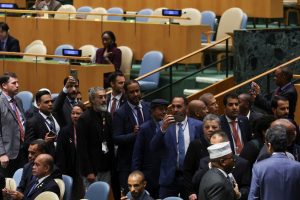
To Palestinians, the speech offered little or no comfort. Nearly two years of bombardment have displaced over a million people, destroyed cultural landmarks and fractured the social fabric of Gaza. Even as Netanyahu promised to “finish the job” against Hamas, Gazans reported hunger, the collapse of education systems and the erosion of traditional family structures as survival takes precedence over cultural continuity.
Palestinian artists, writers and educators warn that an entire generation risks being defined not by its creativity or traditions but by war, trauma and loss. International aid groups echo same concern, stressing that rebuilding Gaza will require not only physical reconstruction but also cultural healing, because of the immense collapse of human value, business and economic structures.
The war is also reverberating through regional and global economies. Israel’s high-tech sector, which is long-standing economic engine, has suffered, as thousands of reservists remain mobilized and foreign investors grow wary of instability. Its tourism, another vital industry, has collapsed.
Meanwhile, neighboring economies in Egypt, Jordan and Lebanon are straining under refugee flows and disrupted trade. Businesses across Europe and North America face growing public pressure to sever ties with Israeli firms, while energy markets remain on edge over fears of a wider regional escalation involving Iran.
The political reverberations balls Netanyahu’s speech further in illustrating Israel’s growing diplomatic isolation. The walkouts at the UN symbolized a shift: nations once aligned with Israel are recalibrating their policies, citing the humanitarian toll in Gaza. Recognition of Palestinian statehood by Western democracies signals a major change in global consensus, potentially pressuring the United States, Israel’s long-lasting staunchest ally, to rethink its approach.
At home, Netanyahu faces mounting criticism not only from opposition parties but also from hostage families, reservists and business leaders who accuse him of prolonging the war for political survival. His insistence that Israel “must finish the job” against Hamas stands in sharp contrast to President Donald Trump’s administration, which has floated a 21-point peace plan envisioning a ceasefire, phased Israeli withdrawal and international oversight in Gaza.
In a view of the social fractures and global solidarity movements beyond politics and economics, the conflict is inflaming global societies. Pro-Palestinian and pro-Israeli protests have surged in Western capitals, sometimes leading to violent clashes. Universities, cultural institutions and businesses are grappling with internal divisions over how to respond.
![]()
Jewish and Muslim communities worldwide report rising incidents of antisemitism and Islamophobia, with many families fearing that the war’s rhetoric is spilling into everyday life. The polarization risks eroding multicultural coexistence in places far from the battlefield.
Despite Netanyahu’s defiance, the contrast with Trump’s more optimistic ceasefire push was stark. While Trump told reporters that negotiators were very close to a deal on Gaza, Netanyahu vowed to press on militarily until Hamas is eliminated. This is an outcome many analysts believe is unattainable without catastrophic human cost.
The stalemate leaves families grieving, economies faltering, cultures under siege and societies polarized. What began as a war between Israel and Hamas has evolved into a global crisis touching nearly every sphere of human life.
As Netanyahu prepares to meet Trump on Monday, the world waits to see whether fiery speeches will harden positions, or whether diplomacy, however imperfect, might finally break through the cycle of destruction.


